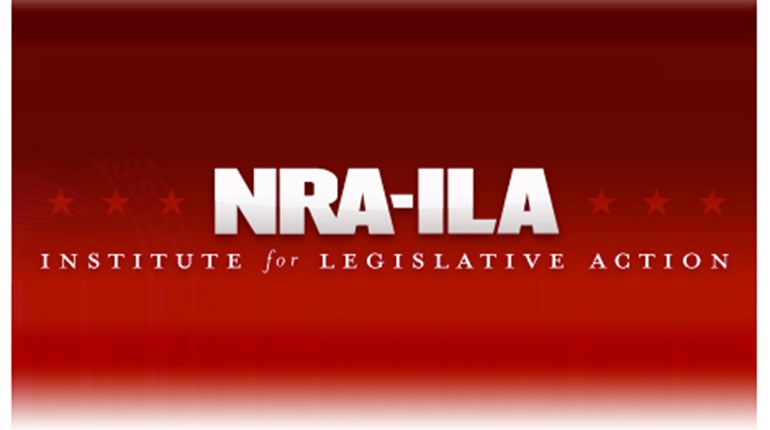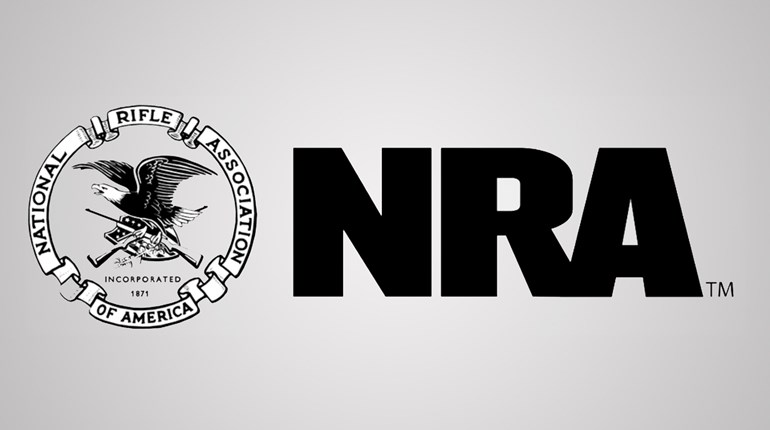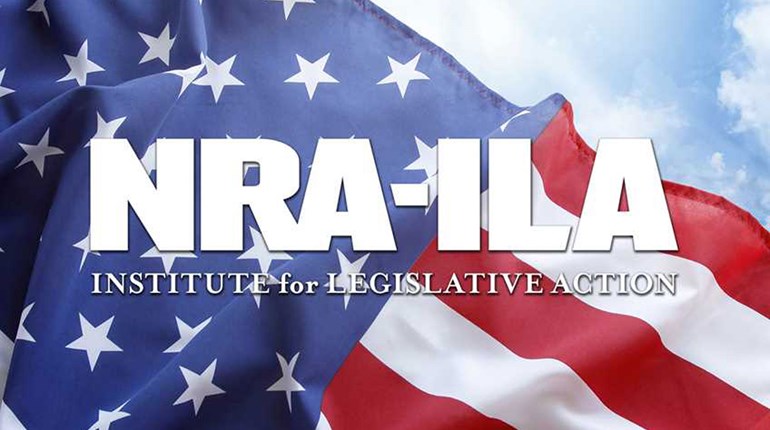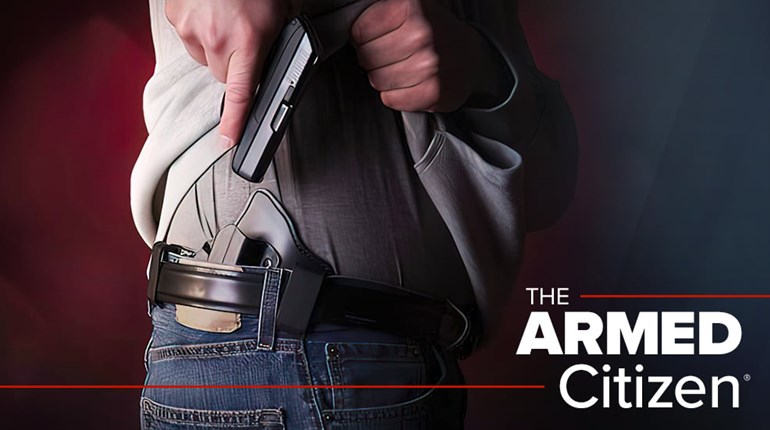
This feature appears in the April ’16 issue of NRA America’s 1st Freedom, one of the official journals of the National Rifle Association.
We’ve all heard the comparison. People who don’t own guns sometimes ask: Why shouldn’t guns be registered like cars and why shouldn’t gun owners be licensed like drivers? We all know the answer. Driving on public streets is a privilege, not a right. Furthermore, no license is required to operate a vehicle on private property, and no registration is required for vehicles kept on private property. It’s only when vehicles are operated on public roads that a license and registration are required. That’s what the government demands in exchange for the privilege of using public roads.
Owning a firearm, by contrast, is a fundamental constitutional right. Any government scheme to require registration and licensing to exercise a fundamental right is blatantly unconstitutional on its face. But now, the president has taken the false comparison to driving one step further. He recently took part in a “town hall” meeting on guns hosted by CNN. During that made-for-TV production, he said: Now, there will be some people to whom you can’t sell a car at all. Not because they have been convicted of a crime, but because they’re on a secret government “watch list.”
“Some criminals will get their hands on firearms even if there’s a background check. Somebody may lie on a form. Somebody will intend to commit a crime but they don’t have a record that shows up on the background check system. But in the same way that we don’t eliminate all traffic accidents, but over the course of 20 years, traffic accidents get lower—there’s still tragedies, there’s still drunk drivers, there’s still people who don’t wear their seatbelts—but over time, that violence was reduced, and so families are spared. That’s the same thing that we can do with gun ownership.”
The president’s goal is as clear as his words—to pass increasingly restrictive laws to “reduce” gun ownership over the course of the next 20 years. So let’s carry his example one step further and examine how the use of automobiles would be changed if the nation adopted the Obama/Bloomberg/Clinton anti-gun agenda and applied it to motor vehicles.
First up: “universal” background checks. A father would have to seek and secure government permission to give a car to a family member or sell one to a friend. And then, under Obama’s recent executive order, anyone selling a car privately could be accused of being a car dealer without a license—especially if that person sold more than one car per year, advertised the car for sale or had business cards. That person would have to apply for a license to sell cars.
Here in Virginia, that would require the person to have a permanent, enclosed place of business that is at least 250 square feet in size that is not used as a residence. The premises would have to be inspected to ensure that there is adjoining space large enough to display at least 10 vehicles. The office would need to be equipped with a working phone in the dealership’s name, a desk, chairs and working utilities, such as electricity and heat. A car dealer must also maintain records according to the law—just like a gun dealer.
That person also would be required to display a sign with the name of the company in letters at least six inches tall. Hours of operation would have to be posted, and the dealership would have to be open at least 20 hours a week, 10 hours of that between the hours of 9 a.m. and 5 p.m., Monday through Friday. But before opening, that person would be required to take an official course and pass a test at the Department of Motor Vehicles. After passing the test, the person would have to apply to become a dealer, post a $50,000 bond and fill out 13 other required forms. And let’s not forget the application fee of $600, plus another $250 per year for the first three years.
Now, there will be some people to whom you can’t sell a car at all. Not because they have been convicted of a crime, but because they’re on a secret government “watch list.” No one will tell them how they got on the list, and even though the list is riddled with errors, there’s no practical way for anyone to get off the list. If that person is on the list by mistake, he would need to go shop for a bicycle instead. But if there’s a good reason for that person to be on the list, your act of denying the purchase of a vehicle will let him know the government is watching, so he can slip back into the shadows and evade further detection.
If your buyer does get government permission, be sure to warn him that his driver’s license is valid only in the state that issued it. There might be some other states that have reciprocity agreements with that state, but there are many states that simply refuse to honor out-of-state licenses, because training and testing requirements differ from state to state. And the nation’s capital, of course, will not allow anyone to drive in the city limits unless that person has a D.C. license. They are notoriously impossible to get, and you can’t even apply unless you’re a resident.
The cars themselves would have to be restricted in their design and accessories. As with the 1994 ban on semi-automatic firearms, which the president has said he would like to reinstate, certain features would no longer be allowed, even though they have no impact on vehicle performance. So we’re not talking about restrictions on horsepower or torque, but purely cosmetic features, like spoilers or flashy alloy wheels that would no longer be allowed. And of course, fuel tanks would be strictly limited to an arbitrary size—perhaps 10 gallons, or maybe seven. That will make it harder for criminals to use a car to kill multiple people because they will have to stop to refuel more often.
The government would also spend millions of taxpayer dollars to study “smart” cars. These are cars that will operate for only one person. That will eliminate car theft and the unauthorized use of vehicles by people who shouldn’t have access to them. Of course, that’s the same function your car keys are supposed to perform, but “smart” cars will be far more technologically advanced than the simple and reliable locking mechanisms that have served drivers for decades. Except some “smart” cars won’t be able to recognize the authorized driver if he or she is sweaty or wearing gloves. Others will require the authorized driver to wear a ring or bracelet with a chip inside, so don’t forget these critical items or lose them like you might lose a car key. And be sure to check to confirm that the batteries in these gadgets are working every time you want to drive the car. When applied to automobiles, the absurdity of gun control becomes obvious. There’s nothing “reasonable” or “common sense” about it.
Finally, there will always be politicians and lobby groups that want to limit the abilities of automobiles even further. City mayors will want to limit vehicles to a top speed of 25 mph, because that’s the top speed limit in some cities. Other politicians will want to place punitive new taxes on cars and gasoline to limit the number of people who can afford to drive. And some politicians don’t want anyone except law enforcement to have cars, so they will use taxpayer dollars to fund what they call “car buybacks,” though the government can’t buy back something it never owned.
There are hundreds of other ideas to limit car ownership and use, but when those proposals don’t have enough political support to become law, the lobby groups who have failed in the policy process will resort to filing baseless lawsuits against the auto industry. They will assert that they have suffered “damages” because of the lack of such restrictions, and they will also want the industry to pay a price for the criminal misuse of their products by third parties.
The point of the lawsuits is not to actually win in court—that will never happen because the legal theory behind these lawsuits is completely without merit. The point, rather, is to force the industry to bear the enormous costs of defending these lawsuits either until it’s bankrupt or until it is willing to “settle” the lawsuits to accept the same restrictions that failed in the policy arena. Either outcome is acceptable!
And if, by chance, automobile owners have rebelled en masse and persuaded Congress to pass a law that blocks baseless lawsuits, the anti-car groups will try to elect Hillary Clinton to the White House, so she can misrepresent the law with blatant lies and pursue its immediate repeal—her first step toward eliminating the ownership and use of automobiles completely.
When applied to automobiles, the absurdity of gun control becomes obvious. There’s nothing “reasonable” or “common sense” about it. As Hillary Clinton continues her bid to win the White House, however, she’ll bank on the hope that voters fail to connect the dots too clearly. The NRA will challenge her assertions at every turn and remind the American public that the best response to her continued duplicity is to vote against her in November.


































